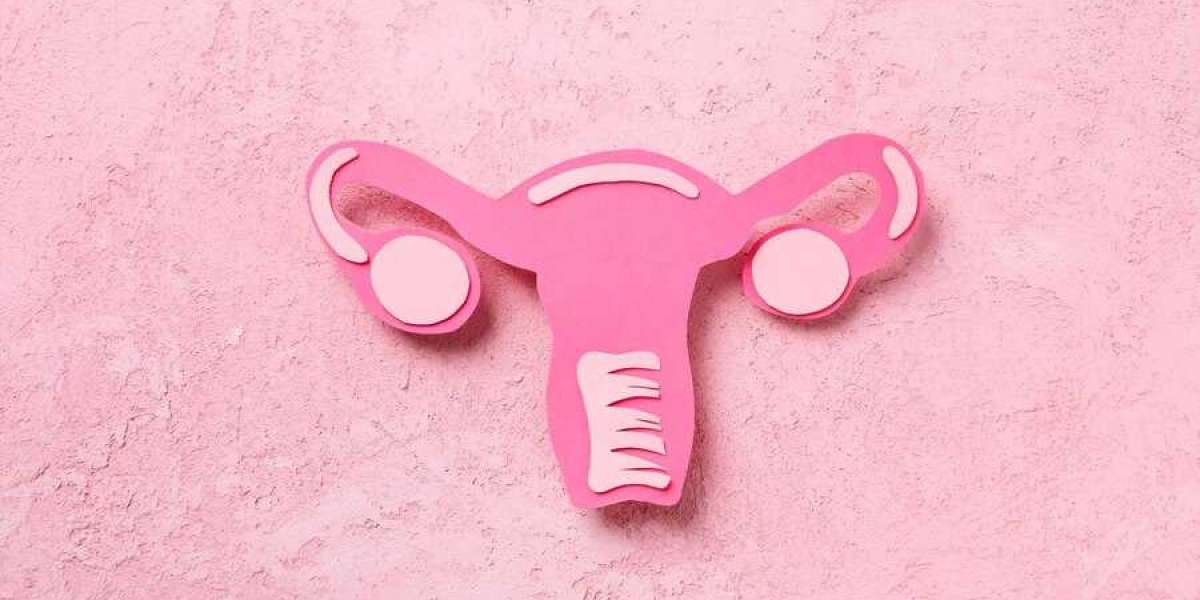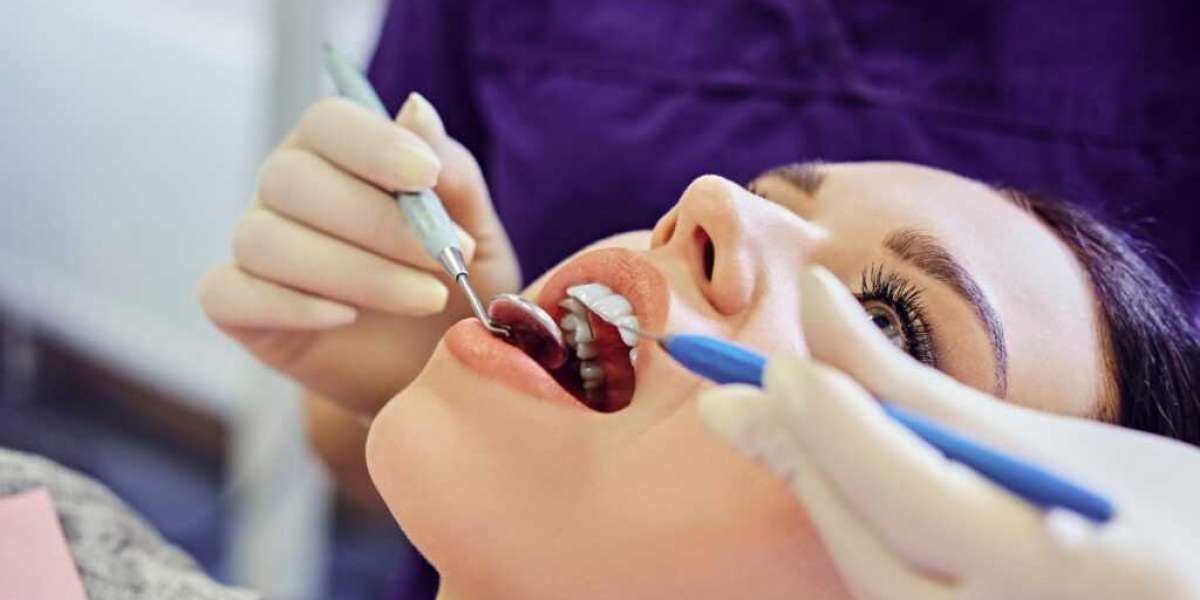The menstrual cycle is a natural process, but it can also present challenges that affect a woman’s physical comfort and emotional health. Menstrual hygiene is not just about cleanliness; it’s a practice that directly influences reproductive health, skin health, and mental well-being. With the right approach, women can manage this period of the month with greater ease, confidence, and health.
Menstruation and Its Impact on the Body
Menstruation is a natural biological process that occurs once a month for most women. The body sheds the lining of the uterus, which results in blood flow for a period of several days.
This process, while normal, can bring about discomfort, emotional shifts, and various health concerns if not managed correctly. During menstruation, there is an increased vulnerability to bacterial infections, irritation, and skin sensitivity due to hormonal fluctuations.
As a result, maintaining proper hygiene becomes more critical than ever. The body's immune system and natural defenses are working harder to maintain balance, so adopting the best hygiene practices can prevent complications such as vaginal infections, odors, and skin irritation.
Pads vs. Tampons vs. Menstrual Cups
Pads are a popular choice as they are easy to use and come in a variety of sizes for different flow levels. They are worn externally and provide good protection, but may feel bulky under tight clothing.
Tampons are inserted into the vagina and provide a more discreet option than pads. They are perfect for active women who need to stay mobile, especially for sports or during physical activities.
Menstrual cups are reusable silicone or rubber cups that collect menstrual blood. They are eco-friendly, cost-effective, and can hold more blood than tampons or pads, making them ideal for overnight use or long days.
What is the Role of Feminine Hygiene in Mental Health?
Your menstrual hygiene routine is not just about cleanliness; it can also affect your mental well-being. Feeling fresh and clean contributes to a positive sense of self-esteem and confidence.
On the other hand, poor hygiene habits can lead to discomfort, unpleasant odors, and even infections that can have a direct impact on how you feel about yourself.
How Chemical-free panty liners play a role in Feminine Hygiene and Menstruation?
Chemical-free panty liners are typically made from natural, non-toxic materials like organic cotton or bamboo, which are free from synthetic chemicals, dyes, fragrances, and bleach.
Many conventional panty liners contain chemicals that can cause irritation, rashes, or allergic reactions, especially in sensitive areas. By avoiding these chemicals, chemical-free panty liners help reduce the risk of these issues.
The materials used in chemical-free panty liners allow for better airflow to the skin, reducing moisture buildup and the risk of yeast infections or bacterial growth. The breathability ensures that the sensitive skin around the genital area remains dry and comfortable throughout the day.
Many chemical-free panty liners are biodegradable or made from sustainable materials, contributing to reducing plastic waste and the environmental impact. Unlike traditional products, which can take hundreds of years to decompose, these liners break down more easily, making them a greener choice for feminine hygiene.
Deal with Menstrual Cramps Effectively
Many women experience menstrual cramps (dysmenorrhea) during their period, which can be particularly challenging when you're busy. Fortunately, there are several ways to ease cramps and discomfort
Heat Therapy Applying a heating pad to your lower abdomen can help relax the muscles and reduce cramping. If you don’t have a heating pad, a warm water bottle or even a warm bath can provide relief.
Over-the-Counter Pain Relief Non-prescription pain relievers such as ibuprofen or acetaminophen can alleviate cramping. These are particularly helpful when you're unable to rest or take time off from your daily responsibilities.
The Link Between Diet, Feminine Hygiene, and Overall Health
What you eat has a direct impact on your vaginal health and your hygiene routine. A diet high in sugar can increase the risk of yeast infections, while a lack of proper hydration can cause dryness, leading to discomfort.
Eating a balanced diet rich in vitamins, minerals, and probiotics can contribute to a healthier vaginal environment.
For example, probiotics found in yogurt and fermented foods can support the growth of beneficial bacteria in the vagina, helping maintain the pH balance and prevent infections.
Vaginal Odor and Skin Irritation
Odor is a common concern during menstruation. Although it’s natural for menstrual blood to have an odor, strong or foul-smelling odors can indicate poor hygiene or the presence of an infection.
Regular product changes, proper cleansing, and wearing moisture-wicking fabrics can help minimize unwanted smells. Avoiding scented products in the genital area is crucial, as they can disrupt the natural balance of bacteria and lead to irritation.
Skin irritation, such as itching or rashes, can occur when wearing sanitary products for extended periods or when the skin comes into prolonged contact with menstrual blood.
The Role of Menstrual Hygiene Products
Pads are one of the most commonly used menstrual products. They come in different sizes, absorbency levels, and materials. It’s essential to select pads made from breathable materials to reduce the risk of irritation.
Tampons are inserted into the vagina and absorb menstrual blood. They’re ideal for active women as they allow greater mobility and comfort during menstruation.
Conclusion
By adopting the right practices, women can not only maintain physical comfort but also protect their reproductive health, skin health, and emotional well-being. Simple steps such as choosing high-quality menstrual products, maintaining a regular hygiene routine, and wearing breathable clothing can drastically improve the experience of menstruation.







